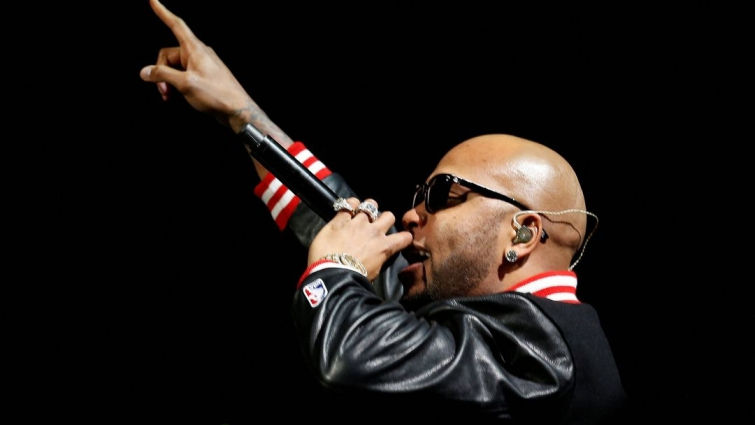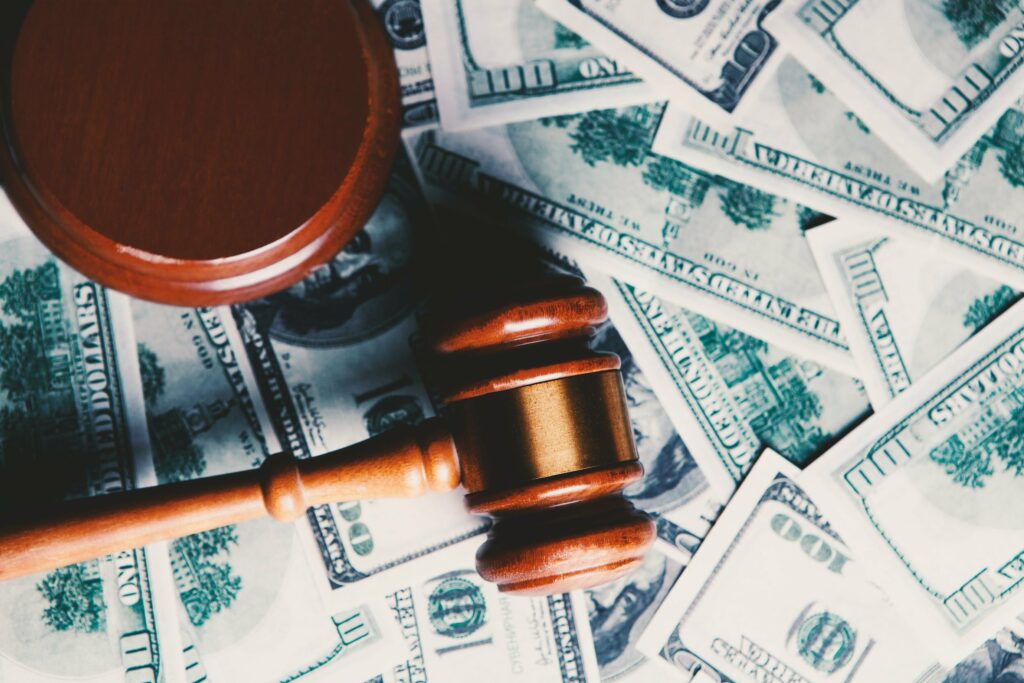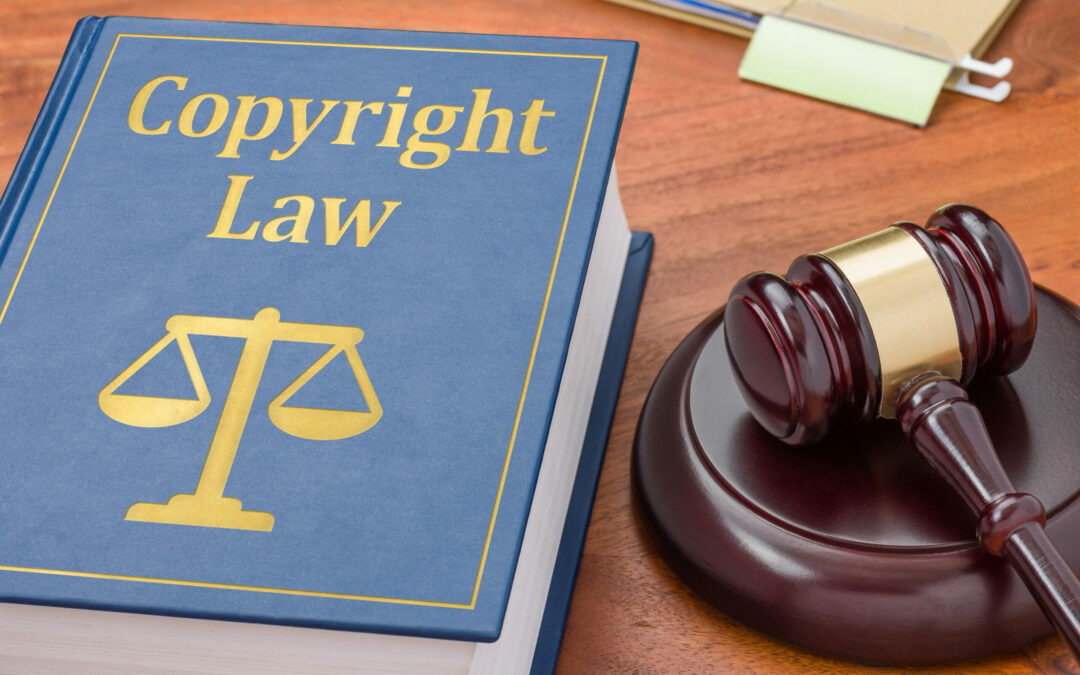In a case involving a Florida producer who sued Warner Chappell Music after Flo Rida sampled a song he owns, the Supreme Court will rule on how far back copyright holders can recoup damages for infringement.
The Supreme Court agreed on Friday to hear Warner Music and Artist Publishing Group’s appeal of a lower court’s judgment that recovery for damages suffered prior to the three-year window to suit is permitted. The ruling may help to clarify whether there is genuinely unlimited copyright liability, as two federal appellate courts have recently ruled.
RELATED: Announcement Of A Joint Venture With Elliott Grauge’s 10K Projects Made By Warner Music Group
The issue revolves around the 1984 song “Jam the Box,” which is owned by Sherman Nealy’s Miami record label Music Specialist and was sampled by Flo Rida in his 2008 song “In the Ayer.” Nealy was incarcerated at the time for cocaine distribution. He sued Atlantic Records, Warner Chappell, and Artists Publishing Group in 2018, claiming that he had not authorized the usage of his label’s music and that his former business partner lacked the authority to award licenses.

The music publishers contended on summary judgment that Nealy did not file a complaint for copyright infringement within the three-year term. The federal judge presiding over the case agreed, but his ruling was overturned by the 11th United States Circuit Court of Appeals. It determined that the three-year statute of limitations begins when the copyright owner “knows or has reason to know [they] were injured.” The decision supported the implementation of the Copyright Act’s so-called “discovery rule,” which states that the clock starts ticking when plaintiffs learn, or should have reasonably known, that their rights are being violated. This is in contrast to the so-called “injury rule,” which states that the statute of limitations begins to run when the infringement occurs, regardless of whether the plaintiffs are aware of it.
On this subject, federal appeals courts have reached opposing judgments. In Petrella v. Metro-Goldwyn-Mayer, the Supreme Court ruled in 2014 that collection of infringement damages after the three-year window to sue was barred. It determined that the Copyright Act “bars any kind of relief for conduct occurring prior to the three-year limitations period.” This language’s interpretation is still unresolved.

The 11th Circuit Court of Appeals, like the 9th Circuit, decided not to impose a time limit in February, ruling that copyright holders can seek damages for infringement more than three years before filing a lawsuit as long as they are “timely under the discovery rule.” In contrast, the 2nd U.S. Circuit Court of Appeals determined that “a plaintiff’s recovery is limited to damages incurred during the three years prior to filing suit.”
According to Randy McCarthy, an intellectual property lawyer, the Supreme Court is likely to overturn the 11th Circuit’s verdict because “having open-ended copyright liability that could potentially be devastating to wide sectors of our society.” He continues, “possible liabilities for things you did 20 years ago, so long as someone locates it online, seems a bit chilling.”
RELATED: Warner Music’s New CEO Calls Songs “Undervalued,” Charts “Next Phase of Our Evolution”
The Recording Industry Association of America and the National Music Publishers’ Association have filed amicus papers requesting the Supreme Court to reconsider the case because uncertainty on the issue encourages venue shopping.
Download The Radiant App To Start Watching!
Web: Watch Now
LGTV™: Download
ROKU™: Download
XBox™: Download
Samsung TV™: Download
Amazon Fire TV™: Download
Android TV™: Download

